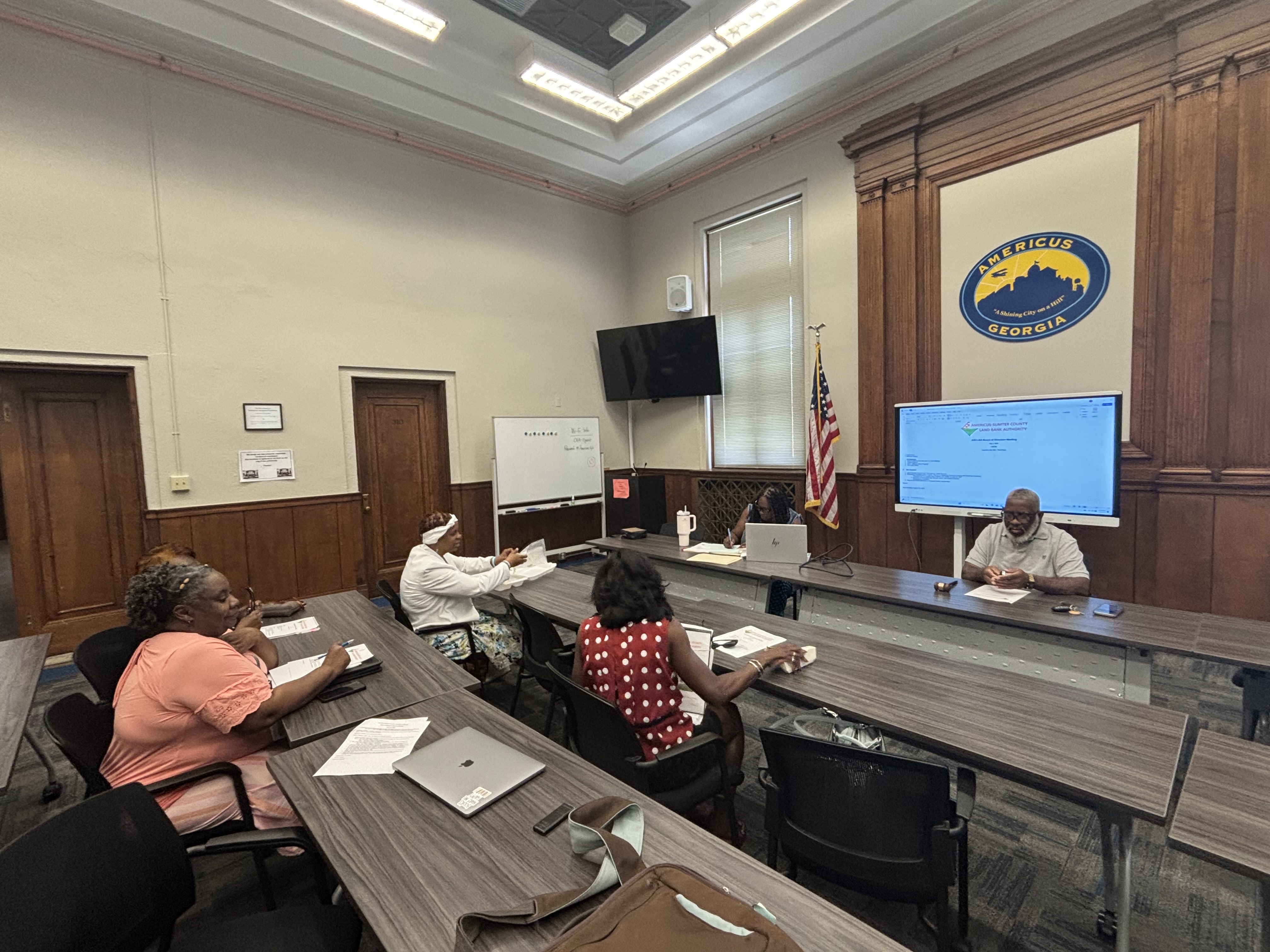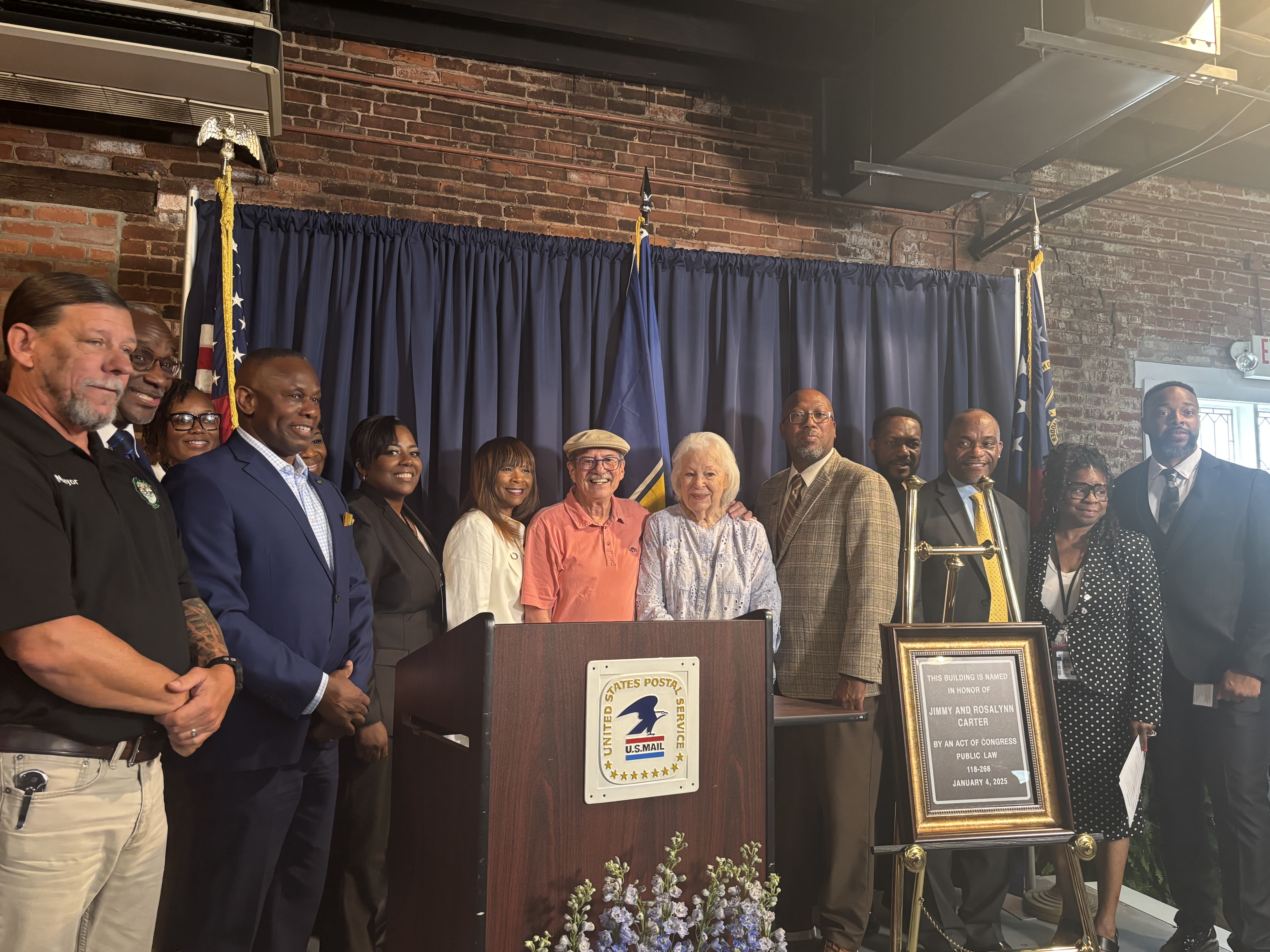Locals still wary of revised transportation plan
Published 3:00 pm Sunday, March 1, 2015
ATLANTA – County and city leaders are wincing in anticipation of the pain they’ll feel when the state changes how it pays for work on highways and bridges.
Lawmakers are working to soften the blow, as wariness back home deepens.
“People have no confidence that the local bridges and roads are going to be fixed,” said Rep. Steve Tarvin, R-Chickamauga.
Trending
In Lowndes County, for example, proposed changes in how the state raises money for transportation had officials looking at the prospect of a $625,000 annual loss as of early this week, said County Commission Chairman Bill Slaughter.
It’s no small sacrifice, he said.
A plan now in the works, said Slaughter, is akin to sending money to Atlanta and hoping it finds its way back. Perception is growing that tax revenue collected at gas pumps throughout the state will end up paying for public transit in the metro area, he said.
“For us to have to collect taxes that we have been collecting and utilizing and to turn around and send it to Atlanta, it’s not an easy pill to swallow,” Slaughter said.
The current plan replaces the state’s sales tax on fuel – now 4 percent – with an excise tax increase from 7.5 cents to 29.2 cents per gallon. It raises fees and eliminates tax credits for owners of alternative fuel vehicles, including electric cars.
The plan will eventually raise more than $1 billion a year statewide, supporters estimate, but it also changes the calculus for counties and cities.
Trending
Local governments also assess varying sales taxes on fuel, collecting an estimated $516 million each year. Under the plan, those proceeds can only be spent ontransportation projects in the future. Local leaders, who now use the money for a range of needs, say that creates problems.
The plan aims to offset their lost revenue by allowing communities to collect up to 1.25 percent in local sales taxes, excluding fuel. But that might not help everyone; it could be of little use to rural communities along interstates that heavily rely on fuel sales.
While there’s consensus on the need for the transportation bill, details are causing friction with local leaders. An original version took revenue out of the hands of locals without attempting to replace it. That would have been catastrophic, some said.
“We need a predictable source of revenue to support the infrastructure and this is what we’re trying to put together,” said Mike Cheokas, R-Americus. “They are obviously fighting for their little jurisdiction and they’re trying to protect a source of revenue for them … but transportation is a statewide benefit.”
Despite concessions made to conciliate county and city officials, the bill has struggled to win, and then keep, their support.
Slaughter, for example, said he would like to see more done to minimize the impact on local governments. But he added that he’s unconvinced that Lowndes County will see that revenue from the fuel tax ever again.
Rep. Jason Shaw, R-Lakeland, said that sentiment is understandable, but he notedthat the state will give preference to eligible projects in the poorest counties in the state – many of which are in rural areas.
“If I wasn’t sitting here getting some of this inside information, I’d be the same way. I’d say, ‘That’s just Atlanta trying to get our money,'” he said. “Well, we’re making sure that doesn’t happen.”
Shaw noted that a South Georgia lawmaker – Roberts, R-Ocilla – authored the plan. “And that makes me feel a whole lot better about it,” he said.
Shaw and other supporters of the plan say local governments should take a long-term view. Instead of focusing on the bottom line now, think of the potential once the state doubles the pool of transportation money and divvies it out, Shawsaid.
Slaughter’s counterpart in city government, Valdosta City Manager Larry Hanson, is one city official who is ready to share that dream.
Hanson, who braved a winter storm to meet with Roberts about the bill in Atlanta this month, said he sees the potential for inland port-related projects that would be a boon for both his city and the state.
Hanson said he considers the most recent version of the bill “fair and balanced toward all local governments.” It’s quite a contrast to where Valdosta stood in early February, when the City Council passed a resolution formally expressing displeasure with the proposal and a $12.4 million hit on the local budget.
As negotiations continued at the Capitol this week, tweaks to the plan seemed to make headway with others in local government, too.
But local discomfort isn’t the only force working against the proposal.
The legislative black caucus is pushing for a provision to encourage minority involvement in the procurement process once that $1 billion of new revenue starts flowing. The bill also shed a sponsor this week, David Stover, R-Palmetto, who called the plan a $500 million tax increase.
Meanwhile, multiple iterations of the bill are breeding confusion, and some lawmakers complain that the plan is too complicated to articulate to constituents back home.
If the House approves a transportation bill, which could happen next week, it’ll likely face more scrutiny from senators.
And they’ll find it difficult to explain taking money from their communities, said Sen. Tommie Williams, R-Lyons, who chairs the Senate Transportation Committee.
“Even if you try to figure out a way to restore it, it gets pretty convoluted, and it’s tough to explain,” Williams said during a committee meeting thisweek. “If we’re going to pass something that raises $1 billion, it needs to be pretty easy to explain.”






